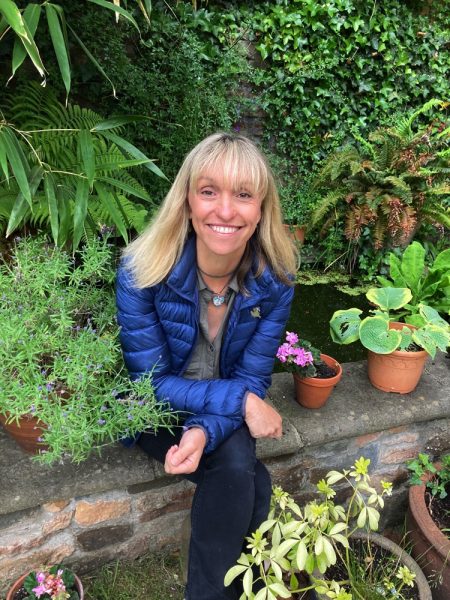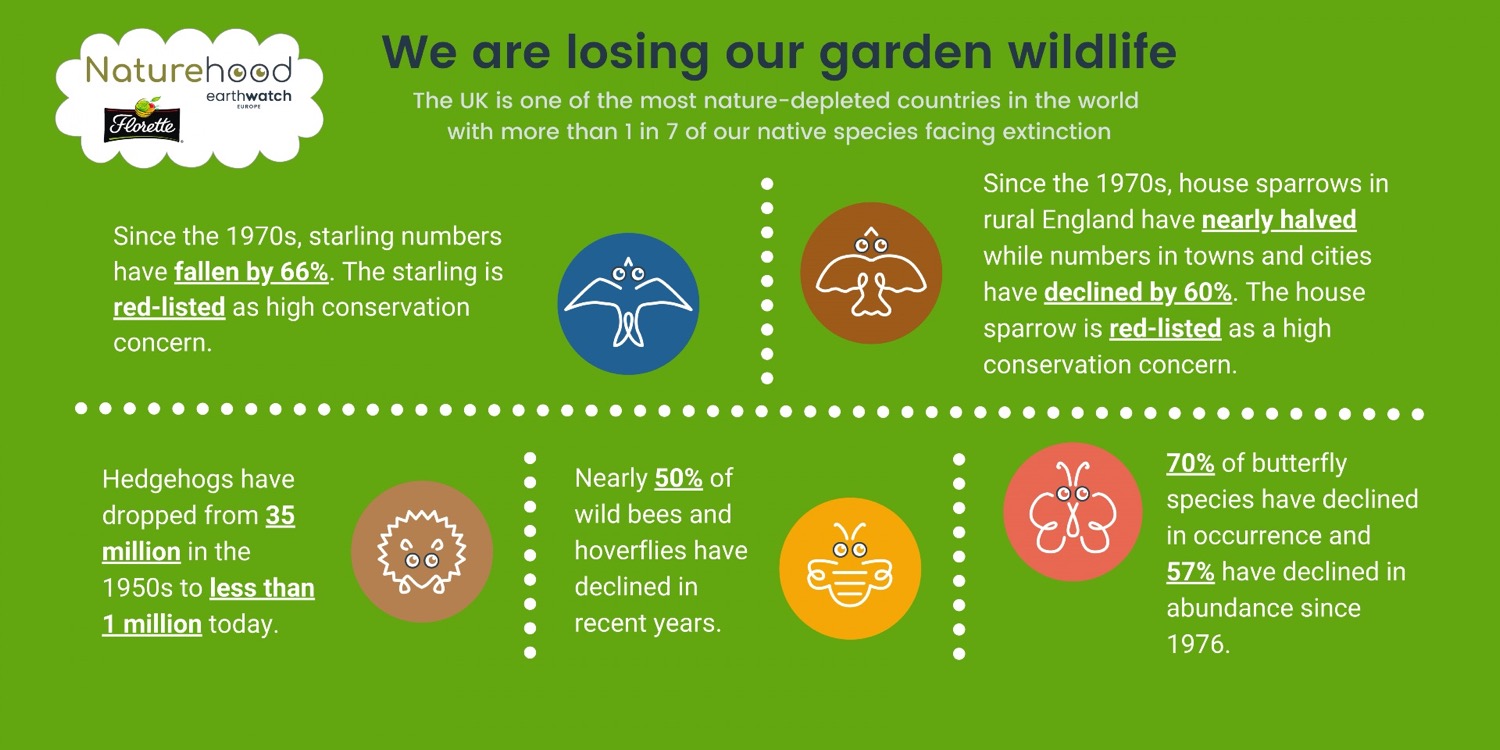
When it comes to endangered species, we automatically think of larger animals like polar bears at risk across the world. But, according to TV presenter and nature advocate Michaela Strachan, saving the world’s wildlife starts on our own doorstep;
“Some species may be big, colourful and exciting-looking. Others may be tiny, understated and appear dull, but everything needs to be valued and we can’t take our British wildlife for granted. Whether it’s a tiger in India or a snail in Britain – each species plays a vital role in its ecosystem.”
Speaking on World Wildlife Day (3rd March) the wildlife ambassador believes that while we love our wild animals in Britain, we also take them for granted. “We think of ourselves in the UK as a nature loving country, but we’re actually one of the most nature-depleted countries in the world. When people hear that, they find it really shocking, but that is the reality.”
As it stands today, more than 1 in 7 of our native species are threatened with extinction*
“Their decline isn’t always obvious, take insects as an example. Many of us will remember driving on a motorway or country road years ago and having to clean the windscreen as it was covered in insects. Numbers have declined so much that it just isn’t necessary anymore”, says Michaela, who has teamed up with Florette and Naturehood, as the salad brand launches its charity partnership with Naturehood UK (part of Earthwatch Europe), continuing its commitment to supporting British wildlife populations.
Among the British native species most at risk are the house sparrow and starling, both red-listed as a high conservation concern due to their declining populations*
It turns out our gardens have a huge impact on British wildlife populations, and current gardening trends could be contributing to the rapid decline.
“A big trend at the moment is low maintenance very stylised gardens. Many people don’t realise that by swapping our lawn and bedding plants for artificial grass and shrubs, we’re destroying vital habitats and sources of food for our local wildlife ecosystems” adds Michaela.
When asked how we can help British wildlife, the TV presenter advised: “The best place to start is at home. When you make a difference to your local patch it makes you feel empowered. One of the best things you can do to support wildlife is, do less! That makes most people smile! Leave areas of grass un-mowed, rake leaves into a pile and just leave them, let wildflowers and weeds grow.
“Put all those back gardens together and collectively they make up a huge area, that can support nature and make a big difference.”
Michaela also highlighted how companies can lead the way in supporting wildlife populations:
“Gardens and agricultural land both have a massive role to play when it comes to reversing the decline of our native wildlife.
“We can all do our bit and most of us can do better. It’s all about awareness, education and encouragement. So, whether you’re looking after your local patch or a vast agricultural farm like Florette, let’s support and inspire each other to make positive changes!”

* Source: State of Nature Partnership – State of Nature Report 2019